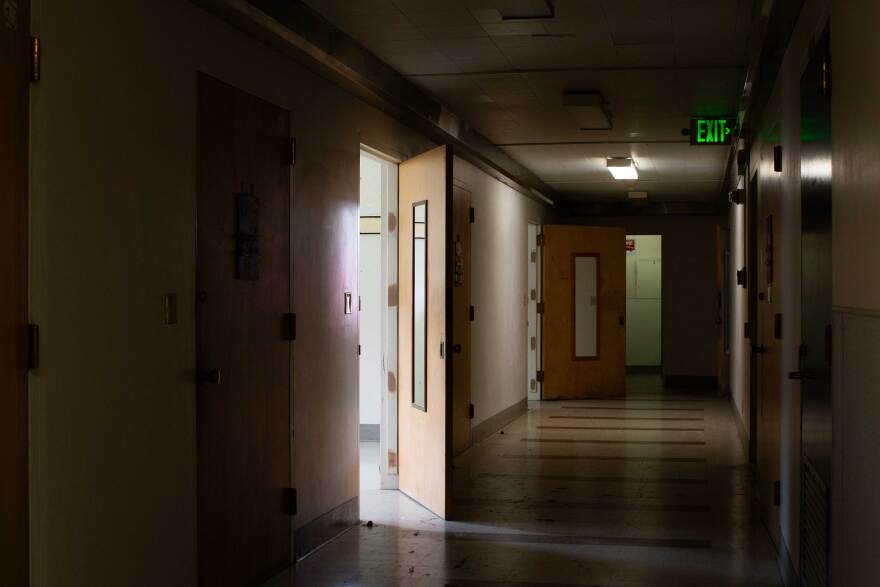When Ann Davison — a former Democrat who switched to the Republican party in 2020 — ran for Seattle city attorney two years ago, she criticized the decriminalization approach the city had taken to things like drug use. But at the time, she had no power to prosecute drug users.
That changed last week, when Seattle City Council gave her the power to prosecute possession of small amounts of drugs, and using in public. It was the culmination of a contentious few months, starting at the state legislature where the law passed in May.
Both the city attorney and Mayor Bruce Harrell say they want to use this law as a tool to push people to treatment. Yet several treatment providers in the area have shut down in the last few years, and the remaining ones are having trouble with staffing. Over in county drug court, people are waiting two to six weeks for treatment, often in jail, according to Christina Mason, the court's diversion program manager.
Asked about the long waits for treatment, Davison said figuring that out is not her role.
"That is an area that it needs to be appropriated by the appropriating body of our government, and make sure that we have that available for people, because we don't do everything in my office," Davison said. "For me personally, it is a goal about getting people in treatment, recovery, and making sure that we provide access to that at every avenue that's possible – to save lives, frankly."
Davison couldn’t say how many cases she expects to come in, or which cases she will prosecute. She said she’d take them on a case by case basis.
Another snag: the county jail is chronically understaffed and currently not booking anyone for nonviolent offenses — which includes simple possession, a spokesperson said.
So it's not clear if much will change on the streets. The law the city council passed encourages — but doesn't require — police to divert users to treatment, rather than arrest them. On Thursday, the mayor issued an executive order saying officers should consider, among other things, "whether there are other people, commercial entities and businesses," schools, childcare, parks, or transit stops nearby.
"To the extent that they're saying this is really going to help people get into treatment, it's really unclear how it's going to do that because of the treatment capacity issues," said Anita Khandelwal, director of King County’s department of public defense.
Her office represents the majority of municipal court defendants: people who can’t afford their own lawyers. Many are homeless.
Long waits for treatment
There is money incoming to try and fix the capacity issues in the drug treatment system, which have been building for years. Millions of dollars in funding are coming from the state legislature, a county levy, and money Seattle got in a settlement against Purdue Pharma and other opioid distributors.
But the problem is bad. Recovery Place Seattle is a center offering both treatment for addiction and mental-health services for homeless and low-income people. In recent years, only about half of the 42 beds have been occupied, on average, according to Richard Geiger, chief of inpatient service for Valley Cities, the provider that runs it.
"We have plenty of referrals, both professional and self," Geiger said in an email. "However, that takes qualified staff to screen them, process the admission and to treat them. We have been challenged throughout the pandemic with finding sufficient qualified staff to fill our licensed bed capacity."
There is good news: thanks to the state legislature bumping up Medicaid reimbursement rates, Valley Cities' "withdrawal management" clinics recently went back to a seven days a week schedule, a county spokesperson said. Those are facilities where people withdrawing from the symptoms of addiction can get medical care.
In a year, the city will check back to see how many drug users got help, the number of arrests, and how often treatment referrals or other diversion strategies were used.







